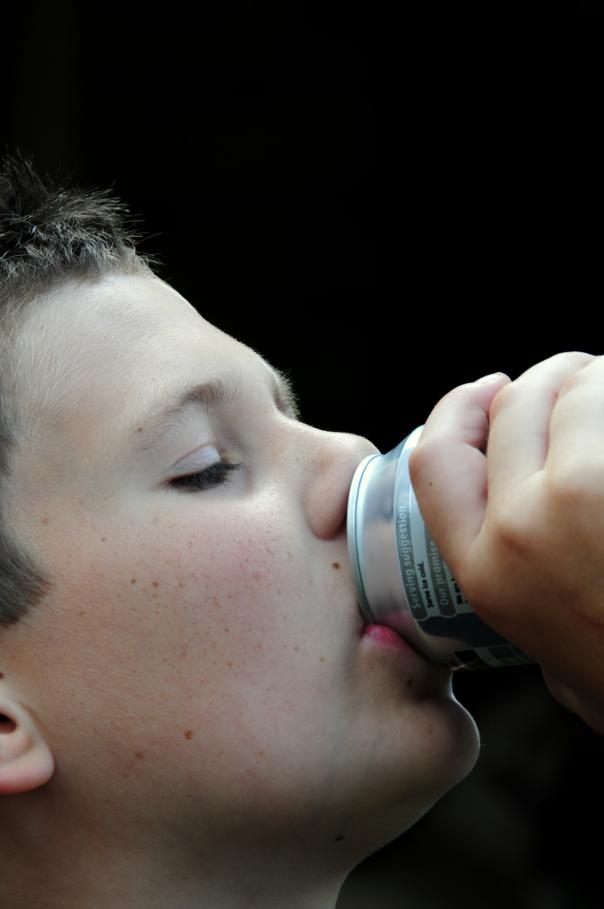
Daily sugar intake fell by around 5g in children and by around 11g in adults in the 12 months following the introduction of the UK’s ‘sugar tax’ in 2018. The figures come from the Journal of Epidemiology & Community Health, following an analysis of 11 years of survey data.
The researchers say that sugar from soft drinks alone still made up over half this total and overall daily energy intake from free sugars is still higher than the updated recommendation from the World Health Organisation (WHO) of 5% — equivalent to 30g/day for adults, 24g for 7–10 year-olds, and 19g for 4–6 year-olds—point out the researchers.
Mounting evidence implicates consumption of sugar sweetened drinks, which are a major source of dietary free sugars, particularly among children, in a heightened risk of weight gain, type 2 diabetes, coronary heart disease and premature death.
To date, more than 50 countries have introduced a sugar tax on soft drinks in a bid to persuade manufacturers to reformulate their products. While the evidence suggests that sugar intake derived from these drinks fell in the year following its introduction, it’s not clear whether other sources of dietary sugar were substituted instead.
To assess the impact of the levy on total sugar intake, the researchers drew on 11 years of responses (2008–19) to the annual nationally representative UK National Diet and Nutrition Survey. This captures information on food consumption, nutrition, and nutrient intake in and outside of the home from 500 adults and 500 children over a 4-day period.
The researchers looked particularly at absolute and relative changes in total intake of dietary free sugars from all food and soft drinks combined and from soft drinks alone, to include full and low calorie soft drinks; semi-skimmed, whole and skimmed milk; fruit juice; and other milk drinks and cream.
Protein intake was used as a comparator because although not subject to a levy, it could still be affected by influential factors such as increases in food prices, say the researchers.
The results draw on information for nearly 8,000 adults and more than 7,500 children, and estimated changes in free sugar consumption are based on the period January to March 2019 and compared with what would be expected had no sugar tax been announced and implemented.
In the period after the sugar tax was announced in 2016, free sugars consumed from all soft drinks more or less halved in children and fell by a third in adults compared with the period before the announcement.
Taking into consideration previous trends in free sugar consumption, the survey responses indicated that one year after the UK sugar tax had come into force, children further reduced their free sugar intake from food and drink combined by around 5g/day (a relative reduction of 10%) and adults by around 11g/day (a relative reduction of 20%).
Over half of this total was from soft drinks alone, while comparator protein intake remained stable throughout in both children and adults.
“In children, a daily reduction of 4.8g sugar equates to approximately 19.2 kilocalories out of an approximate daily intake of 2,000 kilocalories, which is equivalent to approximately a 1% reduction in energy intake,” point out the researchers.